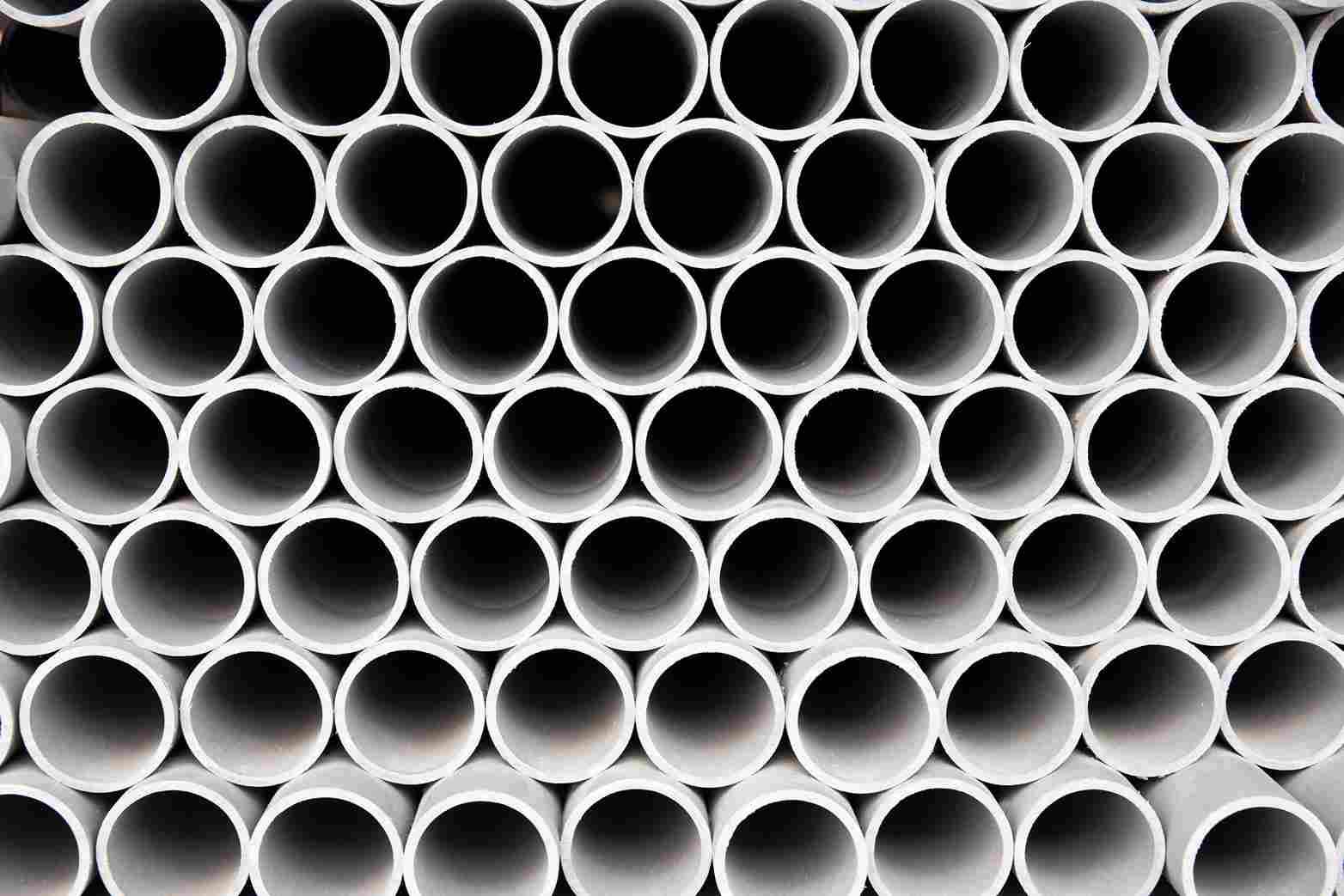
Tubes and pipes are fundamental components in a wide range of industries, from construction and oil and gas to plumbing and manufacturing. Choosing the right type of tube or pipe can significantly impact the efficiency, safety, and longevity of a project. Understanding the characteristics and applications of different tubes and pipes is essential for engineers, contractors, and industry professionals.
In this Blog, we explore seven essential types of tubes and pipes, highlighting their unique features and common uses to help you make informed decisions.
1. Steel Pipes
Steel pipes are among the most durable and widely used types of tubes and pipes. They are known for their strength, resistance to high pressure, and ability to withstand extreme temperatures.
Key Features:
High tensile strength
Resistant to corrosion when galvanized or coated
Suitable for high-pressure applications
Common Applications:
Oil and gas pipelines
Water supply systems
Structural purposes in construction
Steel pipes remain a preferred choice for projects where durability and longevity are non-negotiable.
2. Copper Tubes
Copper tubes are prized for their excellent thermal and electrical conductivity. They are easy to bend and shape, making them ideal for intricate plumbing and HVAC systems.
Key Features:
Excellent corrosion resistance
High thermal conductivity
Flexible and easy to install
Common Applications:
Residential and commercial plumbing
Air conditioning and refrigeration systems
Gas lines
Copper tubes offer a perfect balance of durability and ease of use, making them indispensable in plumbing and HVAC applications.
3. PVC Pipes
PVC (Polyvinyl Chloride) pipes are lightweight, cost-effective, and resistant to chemicals and corrosion. Their ease of installation makes them a popular choice for both residential and industrial projects.
Key Features:
Lightweight and durable
Corrosion-resistant
Low maintenance requirements
Common Applications:
Drainage systems
Water supply pipelines
Irrigation systems
PVC pipes are ideal for applications where cost efficiency and chemical resistance are crucial.
4. Stainless Steel Tubes
Stainless steel tubes combine strength with an attractive, corrosion-resistant surface. They are widely used in industries that require hygiene and aesthetic appeal, such as food processing and pharmaceuticals.
Key Features:
High resistance to rust and corrosion
Strong and durable
Attractive polished finish
Common Applications:
Food and beverage processing
Chemical and pharmaceutical industries
Architectural and decorative projects
Stainless steel tubes are a reliable solution when both performance and appearance matter.
5. Galvanized Pipes
Galvanized pipes are steel pipes coated with a layer of zinc to prevent corrosion. They are robust and long-lasting, making them suitable for outdoor and plumbing applications.
Key Features:
Corrosion-resistant due to zinc coating
Durable and strong
Cost-effective for long-term use
Common Applications:
Water supply lines
Outdoor construction projects
Fencing and railing systems
Galvanized pipes provide a balance of affordability and durability, particularly for exposed or high-moisture environments.
6. PEX Tubing
PEX (Cross-linked Polyethylene) tubing has gained popularity in modern plumbing systems due to its flexibility and resistance to scale and chlorine. It is lightweight, easy to install, and ideal for both hot and cold water systems.
Key Features:
Flexible and easy to install
Resistant to scaling and chemical damage
Suitable for hot and cold water applications
Common Applications:
Residential plumbing
Radiant floor heating
Water distribution systems
PEX tubing is revolutionizing plumbing projects with its combination of reliability and installation simplicity.
7. HDPE Pipes
HDPE (High-Density Polyethylene) pipes are known for their strength, flexibility, and resistance to corrosion and chemicals. They are widely used in water, gas, and sewage systems.
Key Features:
Highly durable and flexible
Resistant to corrosion and chemicals
Suitable for long-distance piping
Common Applications:
Water supply networks
Gas distribution pipelines
Sewerage and drainage systems
HDPE pipes are ideal for projects requiring durability, flexibility, and resistance to harsh environmental conditions.
Conclusion
Understanding the different types of tubes and pipes is crucial for making the right choice for any industrial or residential project. Each type—whether steel, copper, PVC, or PEX—offers unique benefits suited to specific applications. Selecting the correct tube or pipe ensures safety, efficiency, and long-term reliability.
For businesses and professionals looking for high-quality materials, partnering with trusted steel suppliers in UAE can streamline procurement, ensure superior quality, and provide expert guidance on the best tubes and pipes for your project.


Write a comment ...